‘I’m the Devil and I Could Kill You’: Sean ‘Diddy’ Combs Menaced Woman, Dangled Her Over a 17th-Floor Balcony, She Tells Jury
Prosecutors are trying to show that Combs was running a ‘criminal enterprise.’

A new witness in the sex-trafficking trial of the rapper Sean “Diddy” Combs testified on Wednesday that the defendant “dangled” her over a 17th-floor balcony. But the defense found discrepancies between the witness’s testimony and previous statements she made about the incident. The witness will return on Thursday, when the defense will resume its cross-examination.
“I was held over a 17-story balcony,” Bryana Bongolan, 33, told the jury on Wednesday, claiming that it was the defendant who held her over the balcony of ex-girlfriend Cassie Ventura’s apartment in Los Angeles in September 2016.
“What did Mr. Combs do after he held you up on that 17-story balcony?” an assistant United States attorney, Madison Smyser, asked.
“Threw me onto the balcony furniture,” the witness replied.
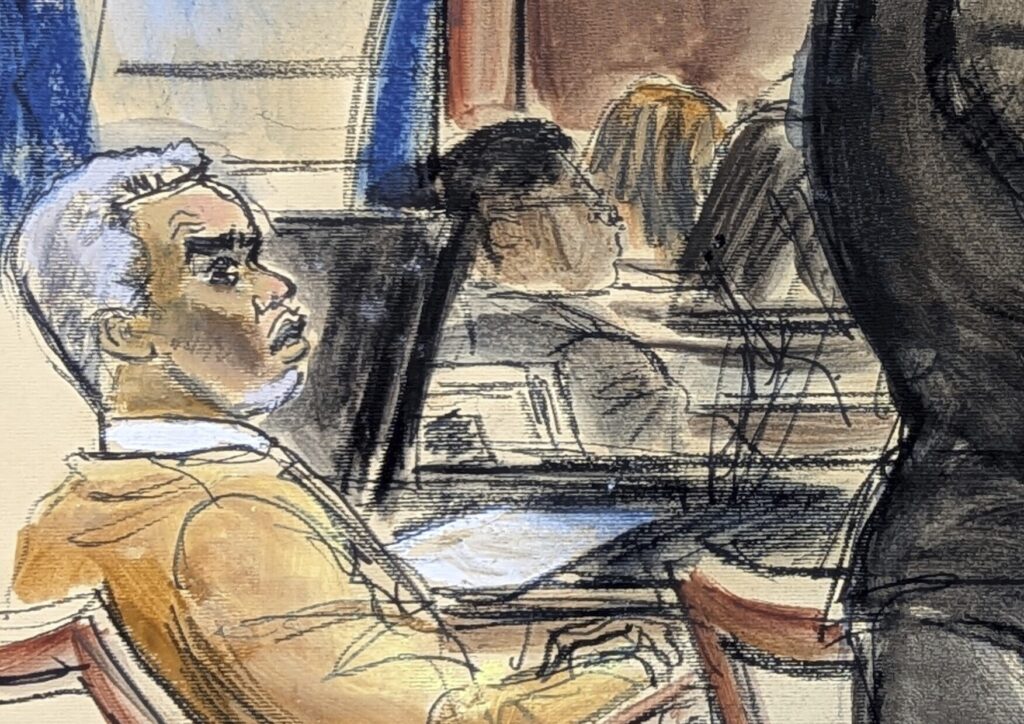
Elizabeth Williams via AP
“And were you injured?” the federal prosecutor inquired.
“Yes,” Ms. Bongolan answered, explaining that she was left with a bruise on the back of her leg, as well as back and neck pain. She also said she suffered psychological trauma “like night-terrors and paranoia and I, like, scream in my sleep at times.”
Ms. Bongolan is suing Mr. Combs for $10 million over the incident when, she says, Mr. Combs came up behind her while she was standing on Ms. Ventura’s balcony, looking out over the city. According to the lawsuit, after fondling her breasts from behind, Mr. Combs grabbed her under her arms, lifted her up, and held her face forward over the balcony, dangling her for a few terrifying seconds. But when Ms. Bongolan testified, she told a slightly different version.
The terrifying incident Ms. Bongolan claims she experienced is referenced in the indictment.
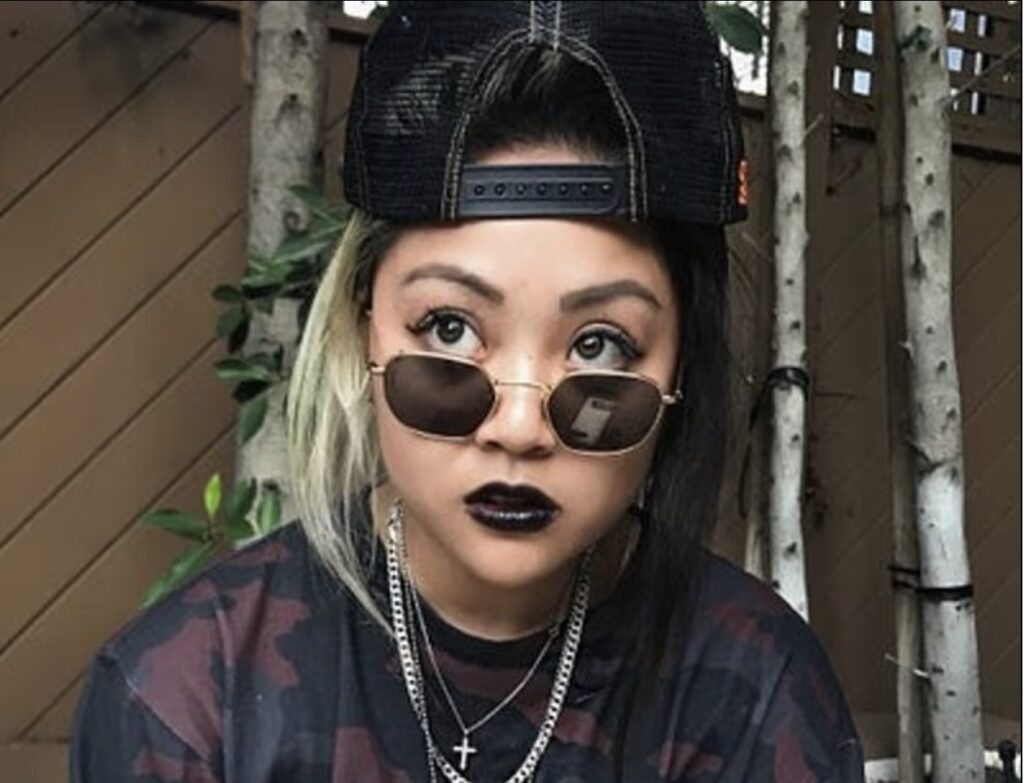
Federal prosecutors have charged Mr. Combs, a music producer, hip-hop icon, fashion designer, and entrepreneur, with racketeering conspiracy, sex trafficking, and transportation for the purpose of prostitution. Mr. Combs pleaded not guilty. He faces a maximum of life in prison if he is convicted on all charges.
Ms. Bongolan’s balcony story, recited to the jury on Wednesday, added another shocking allegation to the long list of violent assaults of which Mr. Combs has been accused during the course of the trial, most of which are tied to his tempestuous relationship with Ms. Ventura. Other accusations include slamming Ms. Ventura’s head into a bed frame and throwing a burning hot skillet at her. Although he is not charged with domestic violence or physical assault, “acts of violence” and “threats of violence” and “verbal abuse” are part of the racketeering conspiracy charge.
Racketeering conspiracy — a legal charge originally developed by Congress to facilitate the successful prosecution of organized crime leaders, like mafia dons or gang lords — alleges that the defendant, and at least one other person, agreed to participate in a criminal enterprise to engage in a pattern of unlawful activity committed during a 10-year period or longer.
Prosecutors contend that, among other criminal acts, Mr. Combs’s violence-tinged and sexually transgressive relationship with Ms. Ventura was in toto an illegal operation designed to satisfy his dark and carnal desires.

Indeed, Mr. Combs is accused of running his business empire like a “criminal enterprise.” Prosecutors wrote in the indictment, “When employees, witnesses to his abuse, or others threatened COMBS’ authority or reputation, COMBS and members and associates of the Enterprise engaged in acts of violence, threats of violence, threats of financial and reputational harm, and verbal abuse. … On multiple occasions, COMBS threw both objects and people, as well as hit, dragged, choked, and shoved others. On one occasion, COMBS dangled a female victim over an apartment balcony.”
Ms. Bongolan’s testimony could be especially damaging to Mr. Combs because he was not romantically involved with her, hence the defense’s argument that his violent rampages were passionate fits of jealousy would not apply here.
The witness came to know Mr. Combs through Ms. Ventura, his on-and-off-again girlfriend, who is a key witness and testified in the trial that she endured more than a decade of physical and sexual abuse from Mr. Combs and that he effectively turned her into a sex-worker and coerced her into having sex with male prostitutes while he watched and pleasured himself during intimate parties he called “Freak Offs.”
Ms. Bongolan, who works as a creative and marketing director for her “own art agency,” which includes “everything from packaging to fashion to marketing design,” befriended Ms. Ventura when Ms. Bongolan was the head women’s designer of a streetwear company called Diamond Supply, for which Ms. Ventura was hired to design clothing in 2014 or 2015.
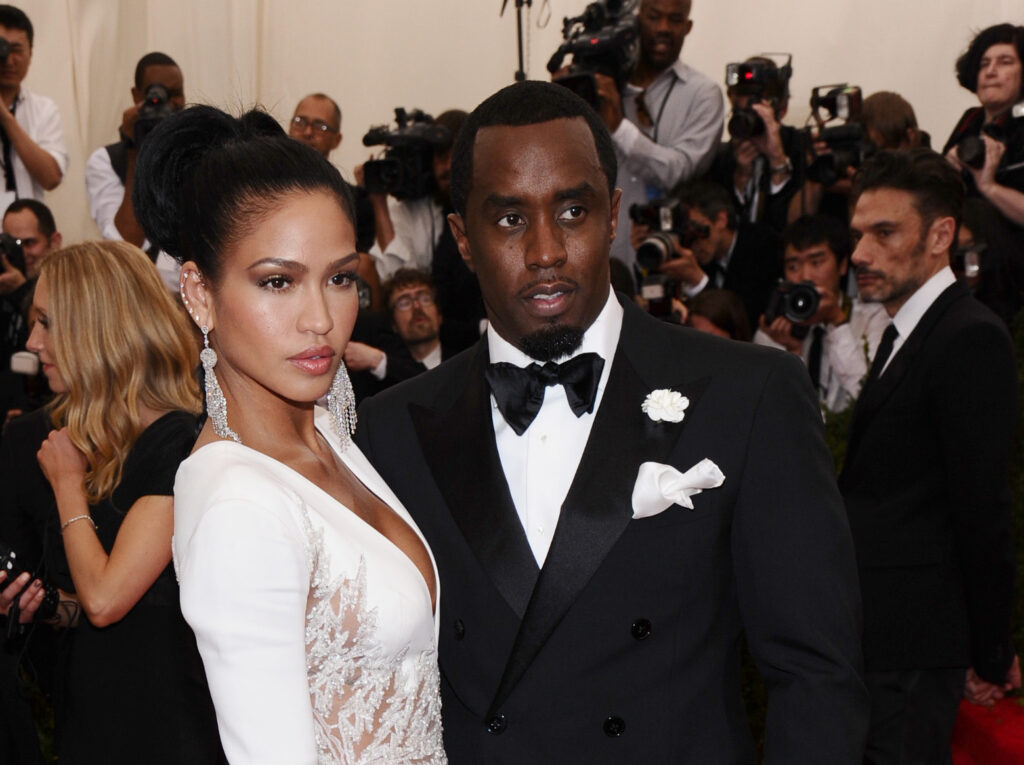
She said the two women would hang out at Ms. Ventura’s apartment in Los Angeles, “work on designs” and “talk about things we liked doing. … And get high.” She said they consumed “a lot of marijuana” and “occasionally cocaine, ketamine, stuff like that.”
Ms. Bongolan did not want to share her story at the trial. She was subpoenaed to testify and, like two previous witnesses, invoked her Fifth Amendment right not to incriminate herself. The presiding district judge, Arun Subramanian, signed an immunity order that required Ms. Bongolan to testify, as the judge had done with a security guard, Eddy Garcia, and a former Combs assistant, George Kaplan, as the Sun reported.
The reluctant witness said she would often spend the night at Ms. Ventura’s apartment and sleep on her sofa, in her bed, or “on the balcony.”
According to her testimony, Mr. Combs would often show up in the middle of the night and start banging on the door. Sometimes, she said, Ms. Ventura would react surprised, and “sometimes it just seemed like it was normal.”
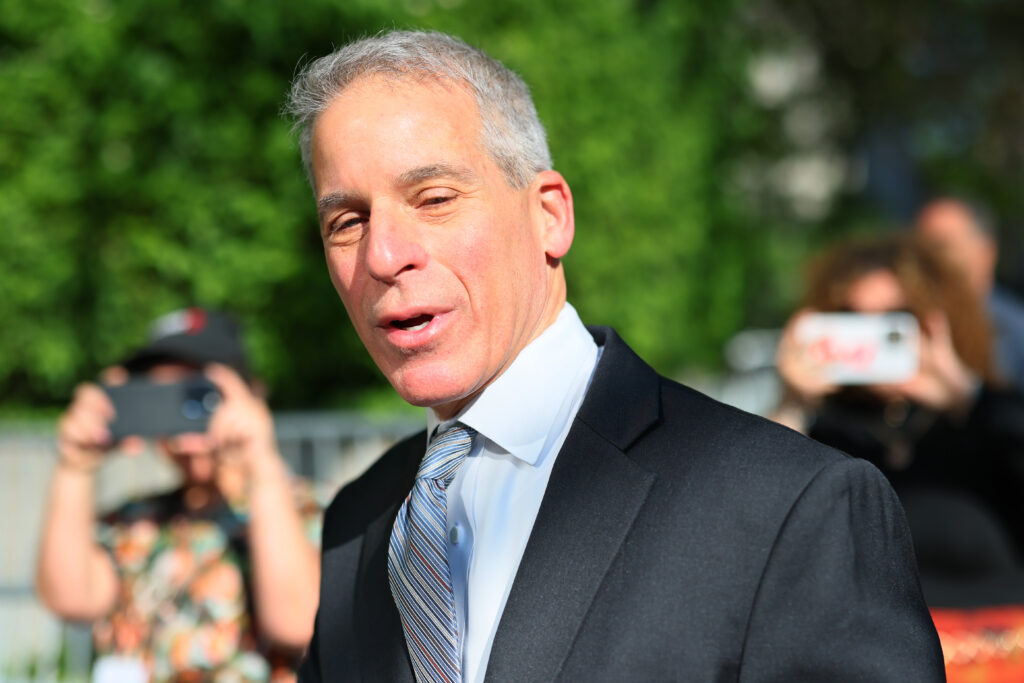
One time, she said, she saw the defendant throw a knife at Ms. Ventura: “I just remember seeing a knife get thrown in her direction.” Ms. Ventura threw it back at Mr. Combs, the witness remembered. She described their relationship as “volatile,” with a lot of “ups and downs,” and said she didn’t call the police when she witnessed violence because she said, “I was just scared of Puff.”
On another occasion, during a beach photoshoot in Malibu, Ms. Bongolan said that Mr. Combs walked up to her and said he could kill her.
“He came up really close to my face and said something around the lines of, ‘I’m the devil and I could kill you,’” Ms. Bongolan testified. She said that to this day she does not know why he said that to her.
She also doesn’t know why he held her over the balcony that night in September 2016. She was asleep, she remembered, with her then-girlfriend on the sofa, while Ms. Ventura was sleeping in her bedroom, when she heard loud banging at the door. It was, she said, Mr. Combs.
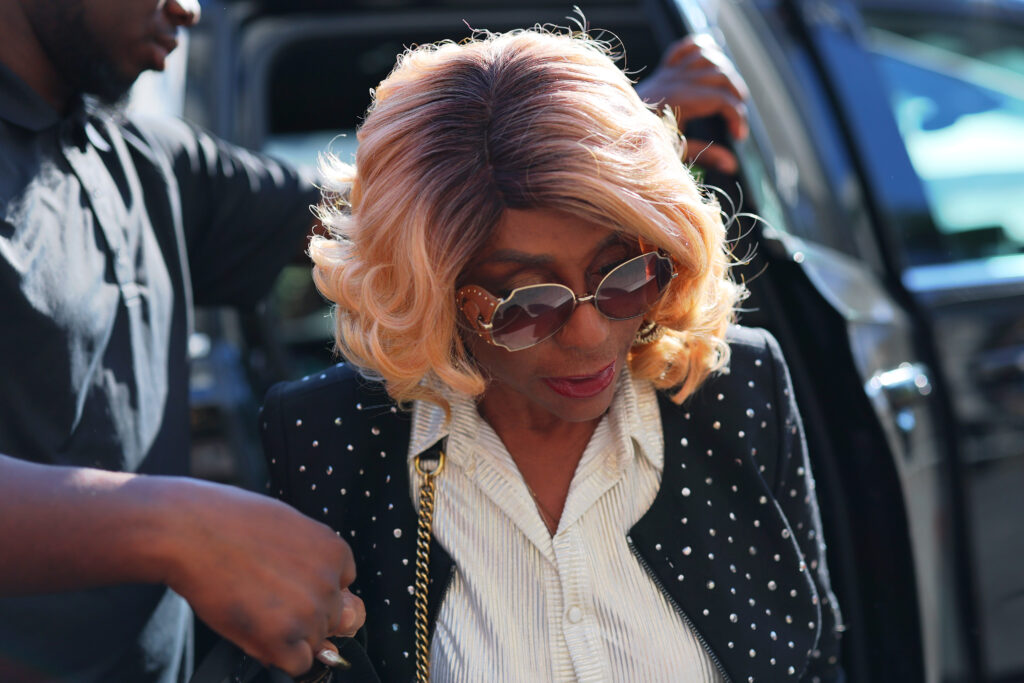
Ms. Bongolan remembered rushing her ex-girlfriend into the guest bathroom, and signaling her to keep quiet, because “I didn’t want to expose her to the things that I see,” she testified. Then she went to the balcony: “To act casual, look for a blunt.” (A blunt, in this case, is a cigar that has been emptied of its tobacco and filled with cannabis.)
As she was leaning over the railing, attempting to smoke her blunt, Mr. Combs, she said, came up from behind her, lifted her up, and placed her feet on the bannister.
“And what were you doing with your body when your feet were on the rail?” Ms. Smyser asked.
“I was trying not to slip and pushing back on him,” the witness replied, explaining that she is about five feet tall and weighed between 100 and 115 pounds at the time.
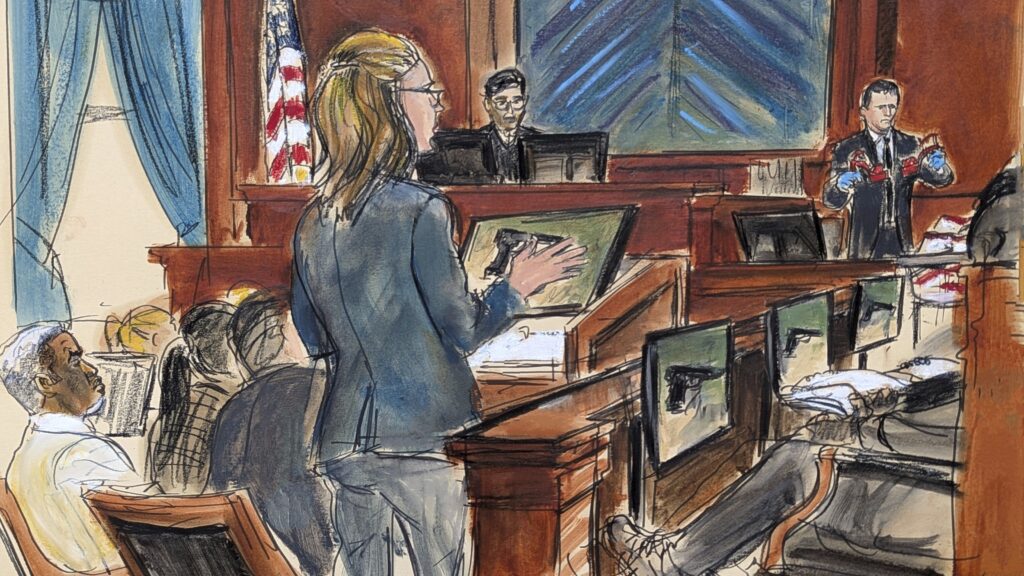
“And what were you thinking when Mr. Combs was holding you on that 17th-floor balcony?” the prosecutor asked.
“For a split second I was thinking about if I was going to fall, but for the most part he was yelling at me so I was trying to answer him,” the witness said, and told the jury that Mr. Combs kept repeating, “You know what the f— you did.” But she said she had no idea what he meant by that.
After about 10-15 seconds, the witness recalled, Mr. Combs pulled her off the balcony railing and threw her onto the furniture and left her lying there. Then she remembered hearing Ms. Ventura’s voice, saying something like, “Did you just hang her over the balcony?” She also told Mr. Combs that Ms. Bongolan’s girlfriend was in the house. Then, she said, “He swiftly left.”
Ms. Bongolan went home to her apartment, elsewhere in the greater Los Angeles area, and once home, she was still “shaking a lot.” In the following days, her then-girlfriend took photographs of the bruise on her leg, and of the neck brace she wore. The photographs were shown to the jury.
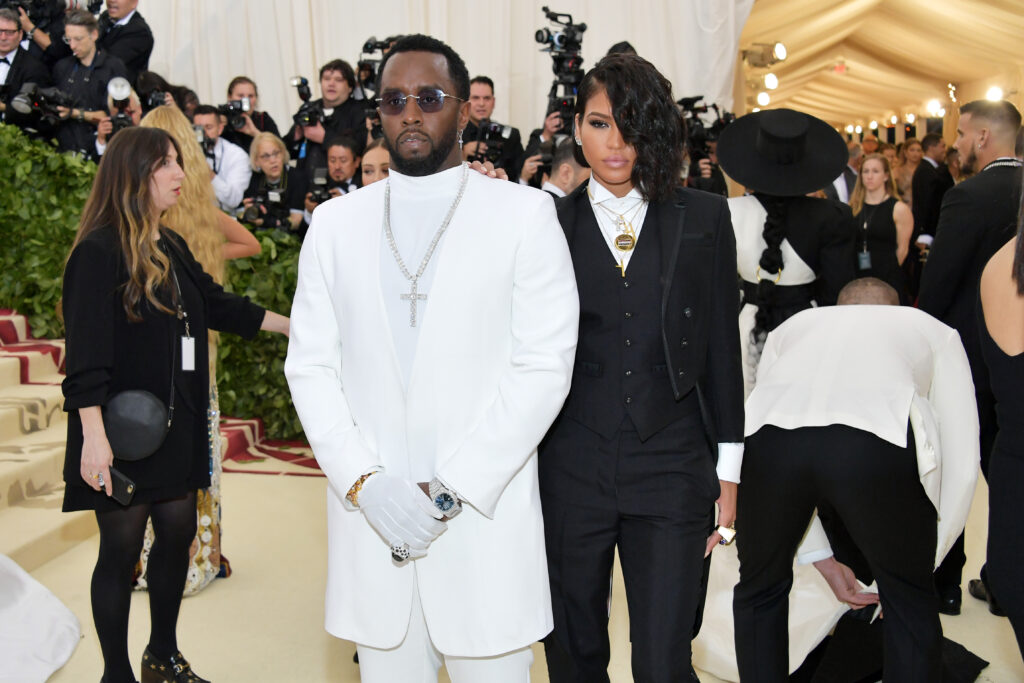
She said she did not call the police because she was scared and because, “to be honest, all the drugs pumped in me, you know, you don’t really feel a lot of the pain right away.” She said she felt the pain later, after the drugs wore off.
A day or two after the incident, Mr. Combs, “or someone on his team,” contacted her via Facetime. “I remember saying a couple times, I don’t want any problems with you,” she testified. She said that going forward, she and Mr. Combs tried “to be cool” when they would see each other, and that she continued to hang out with Ms. Ventura until January 2, 2018.
Ms. Bongolan remembers the date because she said she tattooed it onto her neck, because it was the day she decided to stop taking drugs. She had attended a New Year’s Eve party with Mr. Combs and Ms. Ventura at a hotel in Miami, where the three of them did “eight hours of ketamine together.”
After that New Year’s Eve party, she decided that she “couldn’t do it anymore.” The party was the last time she hung out with Ms. Ventura; their friendship, she said, became more “sporadic,” though they still communicate to this day.
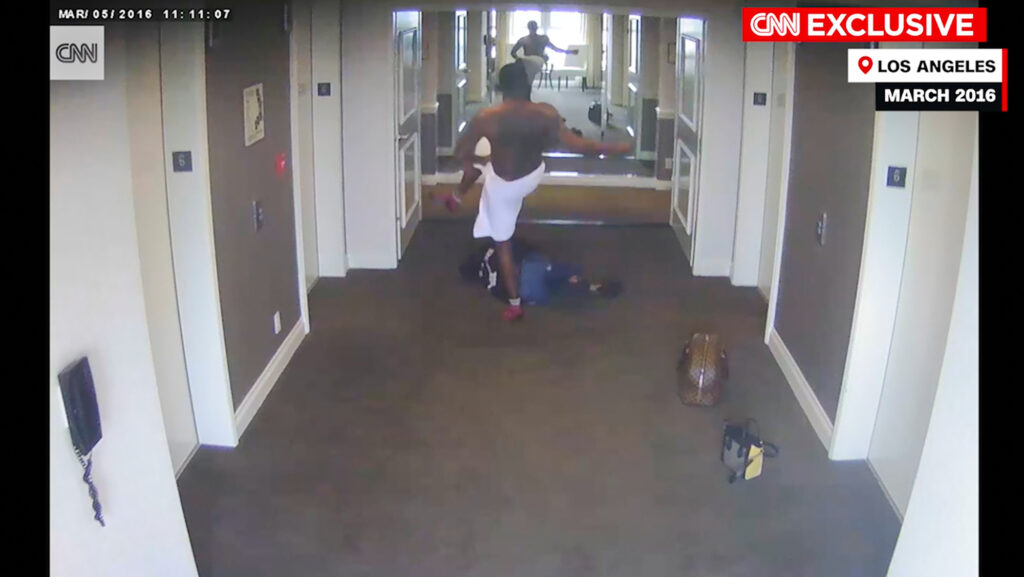
Ms. Bongolan also told the jury that she spoke to Ms. Ventura before and after Ms. Ventura filed her explosive lawsuit against Mr. Combs in November 2023, which, as was exposed during the trial, he settled with her for $20 million in less than 24 hours. The lawsuit, however, had been made public, and was a bell that could not be unrung. Prosecutors, who have pursued Mr. Combs since failing to convict him on serious gun charges in 2001, took note of the suit, which is credited with laying the groundwork for the criminal charges.
Ms. Ventura, Ms. Bongolan said, had asked her if she could include her name in her lawsuit against Mr. Combs, but Ms. Bongolan said she refused. She said Ms. Ventura had misrepresented the incident in her lawsuit, citing a hotel as the location instead of her own apartment, and naming a different third person present during the dramatic balcony scene instead of Ms. Bongola’s then-girlfriend, who, she said, was hiding in the guest bathroom that night.
Ms. Bongolan further testified that she told none of her friends about the lawsuit that she filed against Mr. Combs in November 2024, in which she seeks $10 million for the balcony incident.
On cross-examination, defense attorney Nicole Westmoreland briefly questioned the drug use Ms. Bongolan had mentioned.
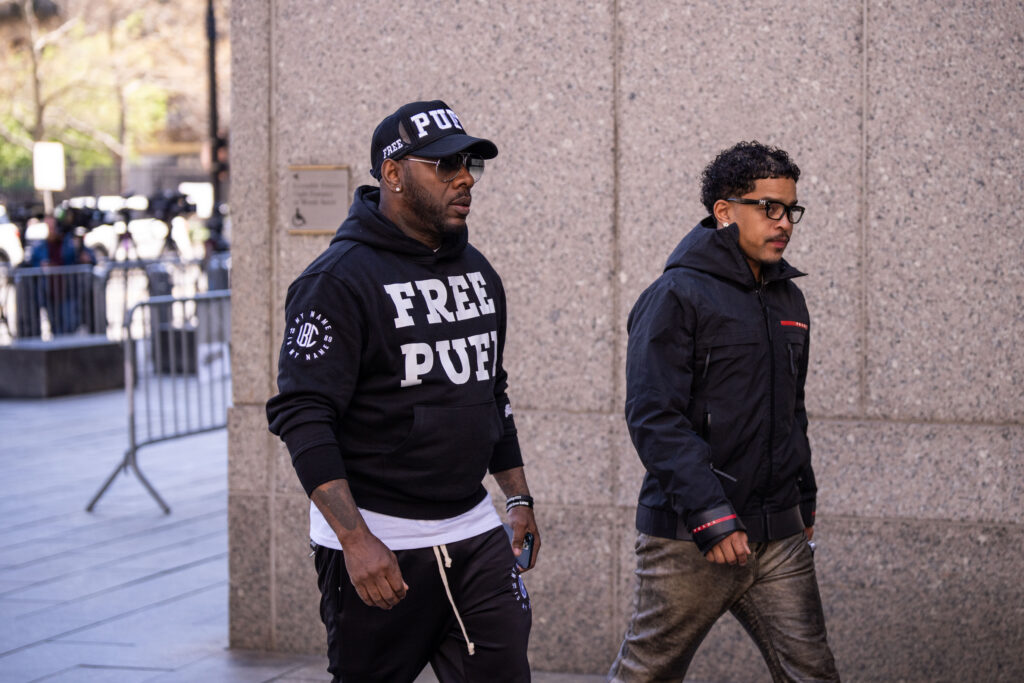
“You would agree with me that you and Cassie had a serious drug problem?” Ms. Westmoreland asked.
“Yeah, we had a problem,” Ms. Bongolan confirmed.
Then the defense attorney began pointing out the discrepancies in the narrative of the balcony incident. It was quite a confusing task because there appeared to have been two demand letters written and sent to Mr. Combs by two different attorneys on behalf of Ms. Bongolan, before she filed the actual lawsuit.
Then there were also several conversations and interviews the witness had with prosecutors, which the defense attorney was citing.
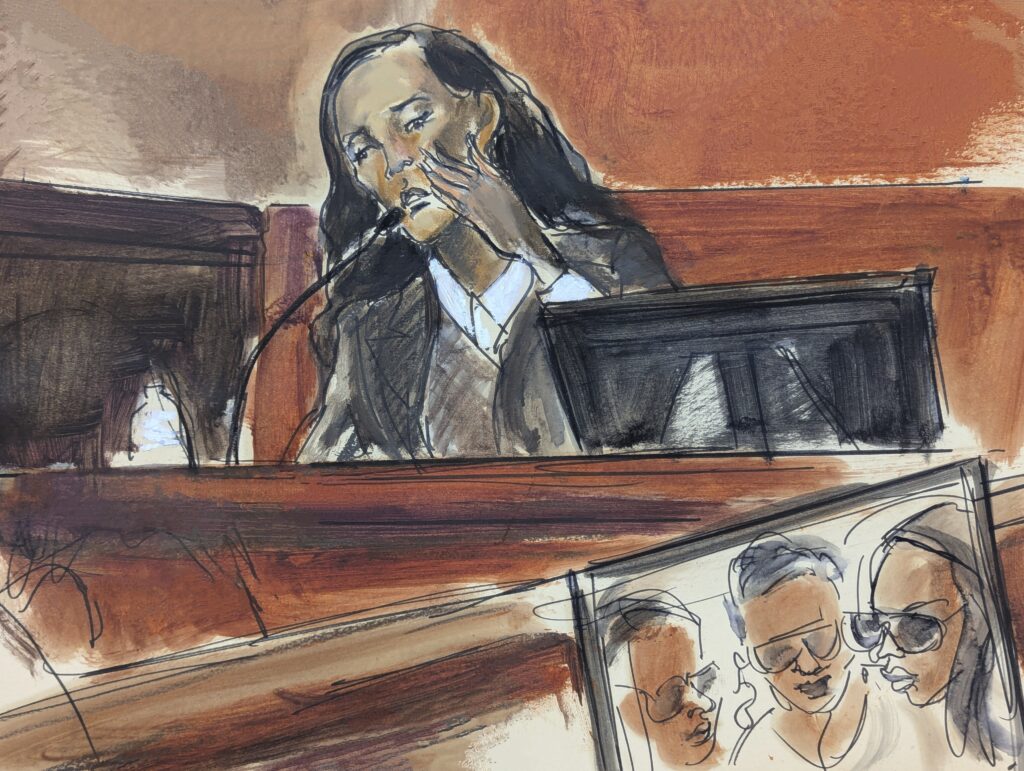
Prosecutors objected, but the witness didn’t remember many of the details. She did admit, however, that her first attorney, when writing the demand letter to Mr. Combs, turned two separate incidents into one. He alleged that Mr. Combs told Ms. Bongolan that he could kill her as he was holding her over the balcony bannister.
But the “I-could-kill-you” threat, the witness clarified, was made during the photoshoot on the beach in Malibu and not on the balcony. She said she fired that attorney after he made the mistake.
The defense attorney asked Ms. Bongolan whether Ms. Ventura had actually seen Mr. Combs hold her up, or if she arrived once her friend had allegedly been thrown onto the patio furniture, because she had alleged different versions at different times.
“Ma’am, you agree that alleging Ms. Ventura saw you hanging over the balcony like with her own two eyes is different than saying once you were on the ground, Ms. Ventura came in. You agree that’s two different allegations. There’s two different — that’s different?” the defense attorney pointed out.
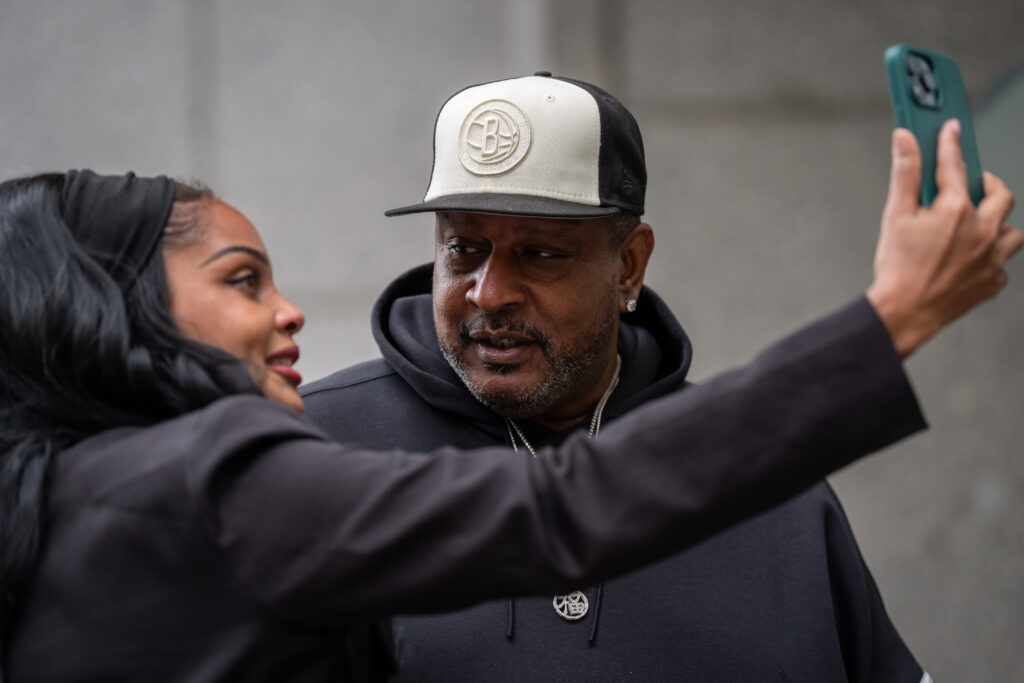
“They are two different statements,” the witness agreed without stating which account was the one she remembered.
Ms. Westmoreland didn’t follow up; instead she asked how many times Mr. Combs lifted her up onto the bannister.
“Isn’t it true that in your civil complaint that you allege that Mr. Combs put you over the balcony, over the bannister, that you were able to get yourself back over the bannister, and that he put you over the bannister higher, so he put you over again. So this didn’t happen once but twice?” the defense attorney pressed. The prosecution objected and she had to rephrase the question several times.
The witness ultimately just said, “I was struggling with my feet.”
“Did you tell the government on 4/9/2025 … that your feet were on the rail, then on and off again … ?” the attorney kept pressing.
“Could you say that again?” the witness answered and, when asked again, said she couldn’t remember.
The defense attorney also asked if the witness had consumed drugs that night.
“Did you tell the government that you were on Molly, G, and cocaine on the day of the alleged balcony incident?” Ms. Westmoreland asked.
“That’s a lot of drugs. I didn’t do those,” the witness said.
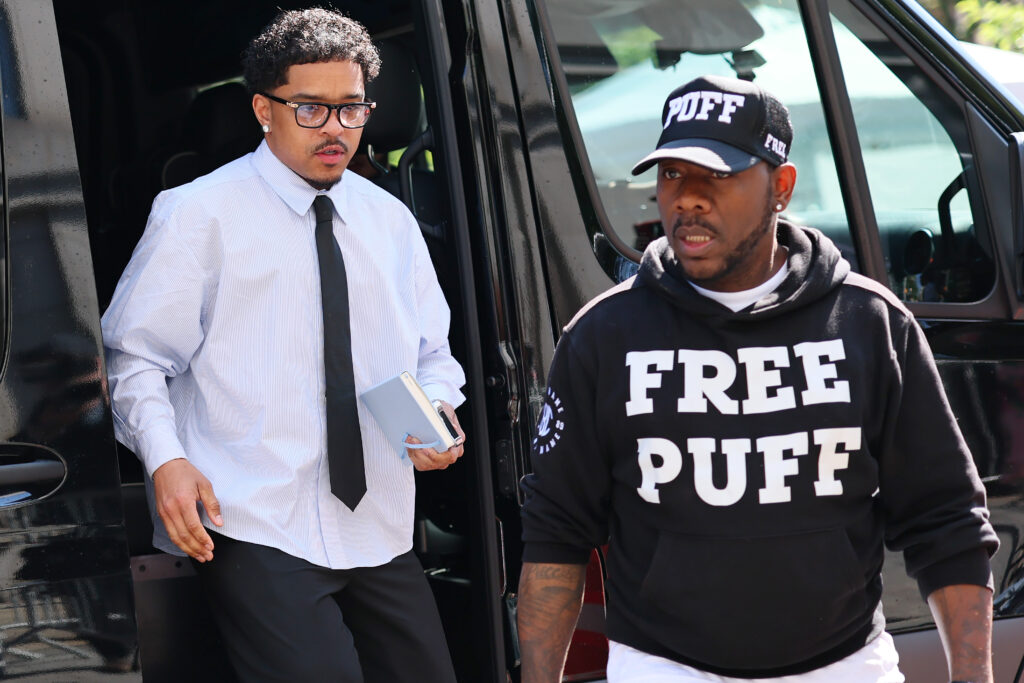
“You said that’s a lot of drugs, you didn’t do those?” the defense attorney pushed back.
“Not that night,” the witness replied.
Ms. Westmoreland tried to point out discrepancies regarding the injuries the witness had listed, saying she did not tell the government in her first interview about the neck and head injuries; instead, she had told them about a dislocated jaw, bruised ribs, and spine issues.
“Isn’t it true that after that two weeks after you told the government [about the] jaw, ribs, spine, that in your demand letter your lawyer allegedly added your head and your neck?” the defense attorney asked.
“Which demand letter?” the witness asked, and later said that her lawyer had added a lot of things she didn’t agree with.
The defense also asked about the allegation Ms. Bongolan had made in her civil lawsuit that Mr. Combs groped her breasts as he lifted her up, but when she “sat down with the government,” she had not mentioned any groping or squeezing of her breasts, which her lawyers had claimed had caused bruising. But the witness said she did not remember what she had told prosecutors during their meetings.
The defense did not finish its cross-examination on Wednesday. Ms. Bongolan will return to the stand on Thursday.

